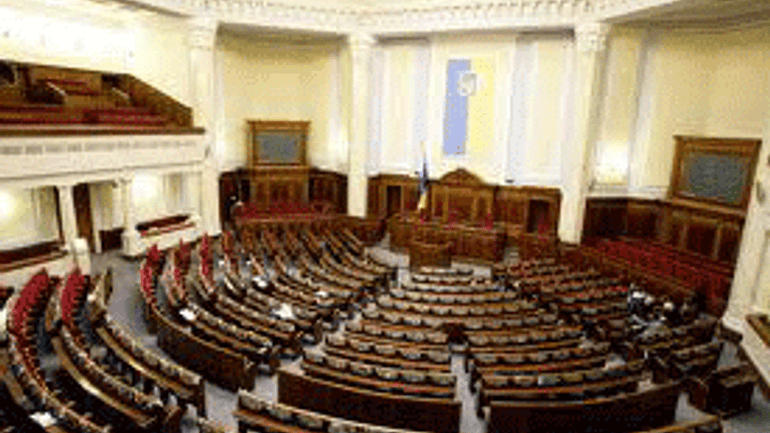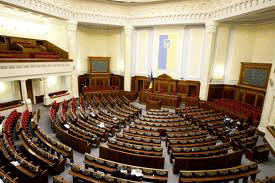Parliament rejects bill on moratorium on privatization of church property

 The Ukrainian parliament rejected a bill submitted by deputy Olha Bodnar (BYuT-Fatherland) on a moratorium on the privatization of religious property, the Institute for Religious Freedom reports.
The Ukrainian parliament rejected a bill submitted by deputy Olha Bodnar (BYuT-Fatherland) on a moratorium on the privatization of religious property, the Institute for Religious Freedom reports.
Bill No. 3347 was criticized by the relevant Committee on Economic Policy.
The head of the subcommittee, Oleksandr Bondar, said that the committee, first of all, proposes to agree to prohibit the privatization of former religious buildings and at the same time to the possibility of returning them to religious organization – as historical successors of their former owners.
In addition, the committee recommends to decide between the concepts “use” and “restitution” of religious property, that is, to clarify the mechanism of its return to religious organizations.
“The national deputy should take into consideration the opinion of the committee and introduce a new bill, and then we will gladly pass it. The committee’s position is to send the legislative bill to be revised according to the committee’s comments,” summarized Bondar.
The chairman of the Verkhovna Rada put to vote the author’s request that the consideration of the bill be postponed, but only 67 deputies supported the idea.
The proposition to return to bill to the author for modification was also rejected, with only 72 deputies voting in favor.
As a result of the voting, the bill, which was considered on June 14, was rejected. Therefore, according to the rules of procedure, the parliament cannot consider an identical issue until its next session.
We remind that the All-Ukrainian Council of Churches and Religious Organizations during a meeting with President Yanukovych raised the issue of the restitution of former church property, in particular by introducing a moratorium on its privatization and by improving the mechanism of returning the property to religious organizations.
Bill No. 3347 on the moratorium on the privatization of church property was introduced to parliament in November 2008. Since then it waited 2.5 years to be considered by the relevant Committee on Economic Policy, which is led by Communist Oleksandr Tkachenko.









